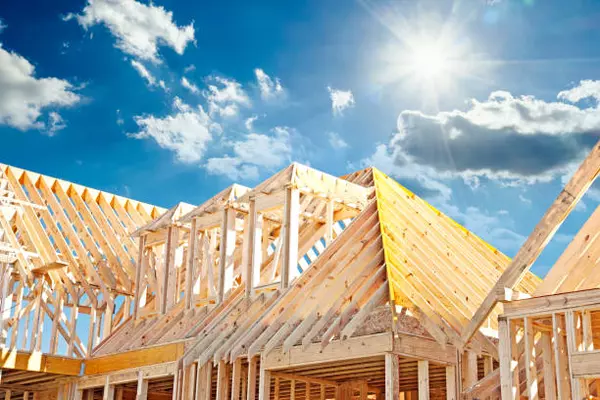

10 Essential Tips Every First-Time Homebuyer Should Know
Buying your first home is an exciting milestone, but it can also be a bit overwhelming. From navigating the mortgage process to finding the right home, there’s a lot to consider. But don’t worry! With the right knowledge and preparation, you can make your first home-buying experience smooth and succ
Read More

The Cost of Waiting: Why You Shouldn’t Hold Out for the “Perfect” Home
In the world of real estate, we often hear about finding the “perfect” home—the one that checks every box on your wishlist. While that sounds ideal, the truth is, waiting for the perfect home might cost you more than you think. The market is constantly shifting, and holding out for a flawless home c
Read More
Categories
Recent Posts










